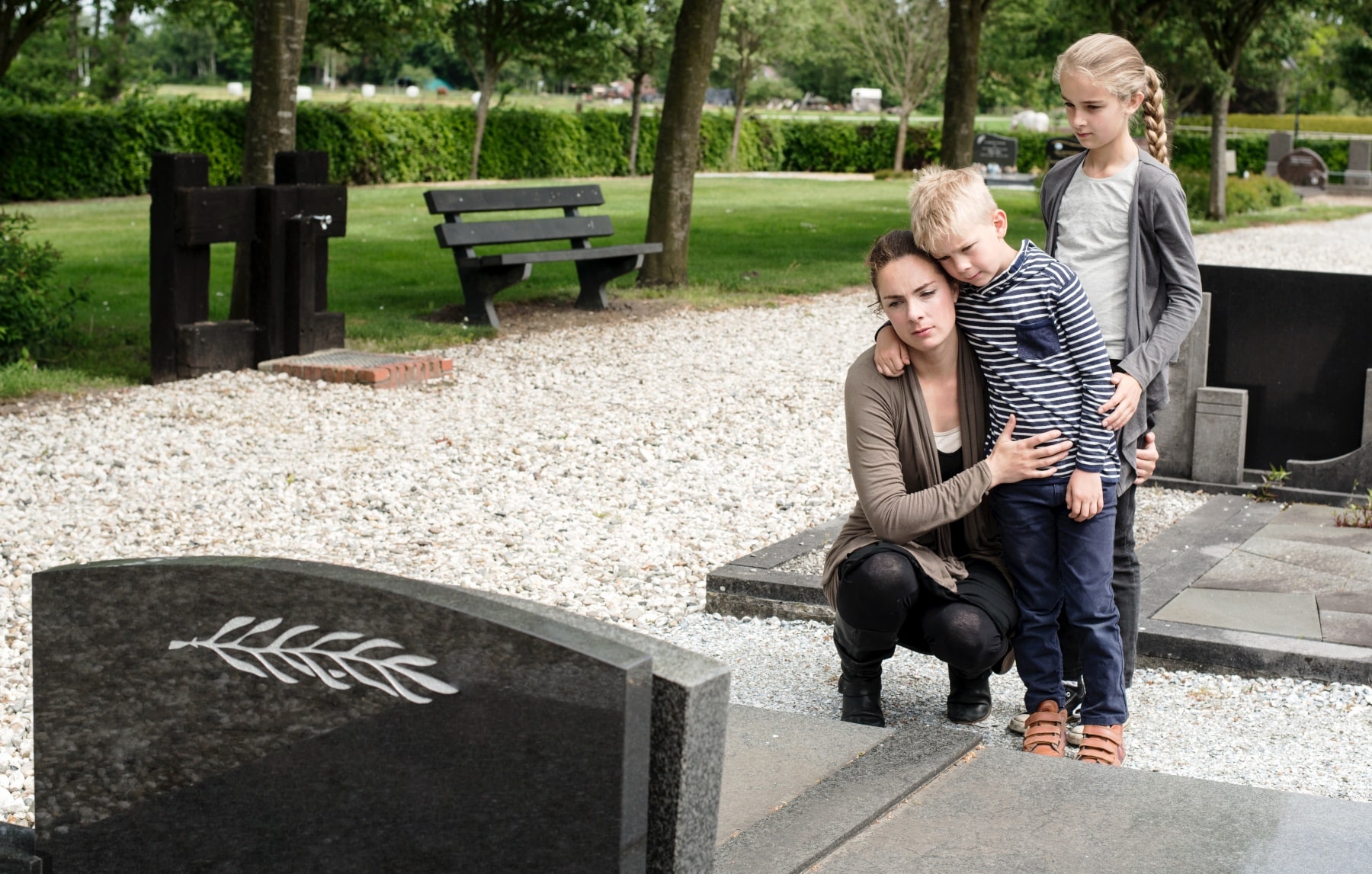What is the 2025-2026 Cost of Living Adjustment in Washington State Workers' Compensation? Washington State’s Department of Labor & Industries…
What are Vocational Rehabilitation Plan Development Services under the Industrial Insurance Act?
Once an Ability to Work Assessment has been performed and the Department of Labor & Industries agrees (whether in a State Fund case or in a Self-Insured Employer case) that an injured worker cannot return to work without retraining assistance; the Department will issue an order indicating that the worker is entitled to Plan Development Services. This may or may not be good news for an injured or ill worker. It’s very good news if the injured worker believes they can return to work with some assistance in retraining; it’s very bad news if the injured worker doesn’t believe they can work and should instead be found entitled to an injury pension.
The injured worker is given just 15 days to protest the Department’s finding that the injured worker should be retrained, i.e., enter Plan Development. This is the shortest statute of limitations under the Industrial Insurance Act, so any injured worker who believes they cannot work should contact an experienced L&I attorney immediately to determine if a rescue operation can be mounted to push back against the Department’s adverse finding. The reason this is considered a “rescue operation” is that the L&I attorney must quickly refute a conclusion which the Vocational Expert has spent several weeks or months constructing and justifying.
Even while a challenge to Plan Development services is taking place, the assigned Vocational Rehab Counselor (VRC) will attempt to do all of the following:
- Counsel the worker and perform Occupational Exploration as to which retraining opportunities may be available to the worker based on that worker’s aptitudes, labor market and exertional capacities (as may be limited by both physical and mental health conditions)
- Require the injured worker to complete various documentation, including statements that the injured worker will cooperate in Plan Development services, and once a plan is determined, that the injured worker understands the plan and will voluntarily participate
- Identify job goals, training needs, resources and expenses applicable to selected retraining opportunities
- Perform vocational testing, such as evaluating the injured worker’s abilities in math, problem-solving, customer service and other domains of function
- Secure medical expert approval of the retraining plan that is eventually selected
- Perform Labor Market Surveys to confirm that there is a “positive” job market available for an injured worker with the type of retraining that is being proposed
- Produce progress reports, stating the extent to which Plan Development processes are progressing and the degree to which the injured worker is participating (a VRC will often blame the injured worker for any failure of Plan Development progression, so this is a particular risk which needs to be battled against by the injured worker’s attorney)
- Produce a retraining plan indicating the time, expense, and manner of accomplishing the specific retraining goal determined by the vocational expert AND injured worker acting in cooperation with each other (it is improper for the VRC to essentially push the injured worker toward a particular retraining goal simply because the worker cannot identify an alternative, but this is exactly what often happens)
If the injured worker does not agree that he or she can be retrained a conflict will develop, and this conflict should be submitted to the Vocational Dispute Resolution Office. The Director of Labor & Industries will either uphold the plan development pressed by the VRC or will uphold the injured worker’s challenges to same, but it is important to note that the Director’s decision can only be appealed to the Board of Industrial Insurance Appeals and higher courts on an abuse of discretion theory, which no court is likely to find in favor.
Accordingly, if you are an injured worker who has been recommended for Plan Development services and you disagree because you think you should be entitled to an injury pension, you must act quickly to consult an experienced L&I attorney regarding your options.
At Washington Law Center, our attorneys know the law and technicalities which apply. We will fight for you. We are also much more likely to be successful than an unrepresented injured worker appealing on their own. Give us a call to see if we can assist you today.




